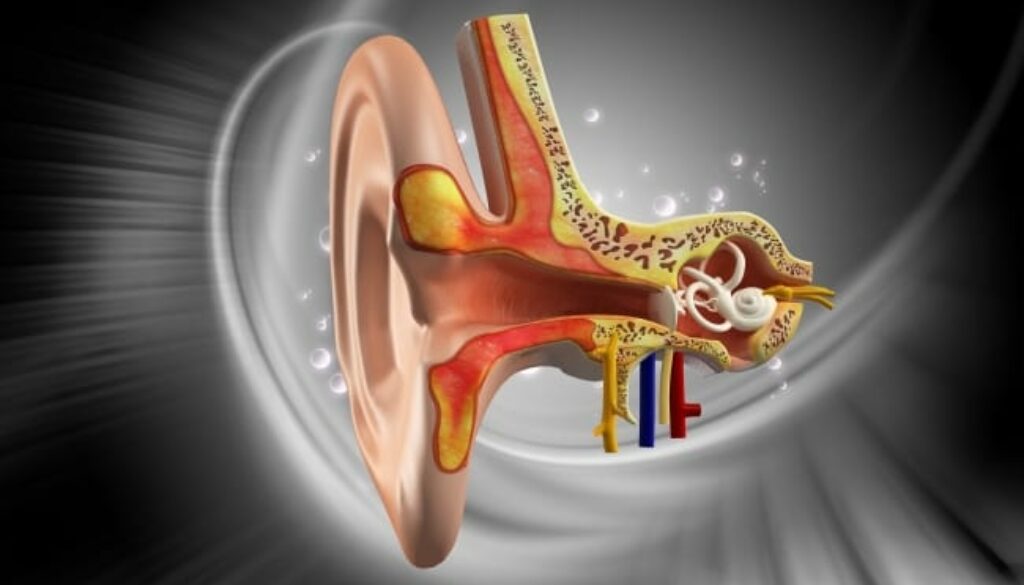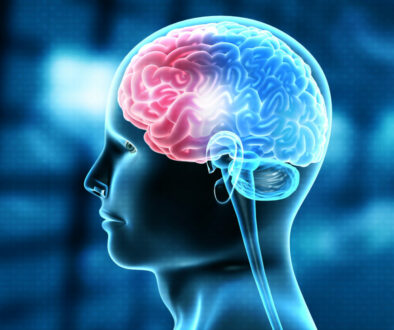8 Things You May Not Know About The Vestibular System
The Vestibular (Balance) System & Vestibular Disorders
- The word “Vestibular” refers to the brainstem balance centers and inner ear balance systems. To achieve good physical balance we rely on our brain, eyes, inner ear and muscular system to work in harmony. Healthy people usually take balance for granted until it is impaired and does not work well.
- Over 39% of the US adults aged 40 years and older (over 69 million Americans) have had vestibular dysfunction (balance, vertigo, and dizziness) at some point in their lives.
- Balance problems can occur from various brain dysfunctions, traumatic brain injury, inner ear diseases, autoimmune causes, migraines and especially aging.
- People with vestibular disorders can have any of the following symptoms: vertigo (spinning sensation), dizziness, fatigue, jumping vision (nystagmus), unsteadiness, cognitive difficulties, anxiety, nausea/vomiting, hearing loss and ringing in ears (tinnitus). The more brain related the problem the more symptoms possible.
- Balance disorders are an invisible chronic illness. They are invisible because they cannot be seen by the casual observer and chronic because they may or may not get better. They are difficult to diagnose and treat. Due to the brain’s involvement in the role of the function of the vestibular system it is important that the clinician treating vestibular disorders has an in depth working knowledge of neurology in the brain’s function to diagnose the condition properly.
- People with vestibular disorders can suffer cognitive impacts such as poor concentration, memory problems and poor word recall. They can have difficulty reading while tracking printed text and impaired mental function in general.
- There are many different triggers that can cause or exacerbate vestibular disorders such as high stress in life, head positions, changes in barometric pressure and diet.
- Brain based Vestibular Rehabilitation Therapy has consistently been shown to be an important part of the management of vestibular patients. Research at UTMB (2000) shows that patients using Vestibular Rehabilitation Therapies improve 70% to 80%.
To get started on an assessment of your brain, take our online brain examination of your brain health. or call me at (502) 296-3581. Do not give up hope, functional neurological rehabilitation restores hope.



